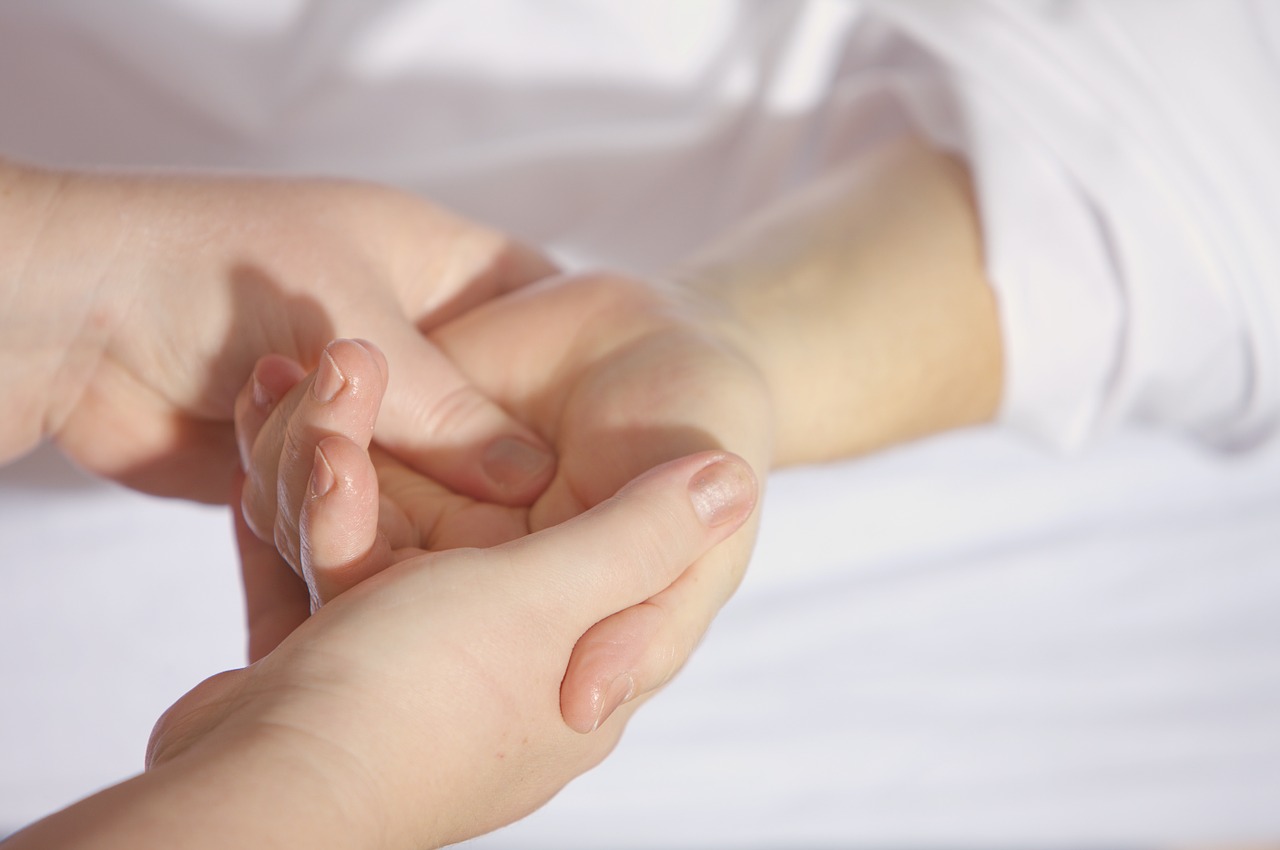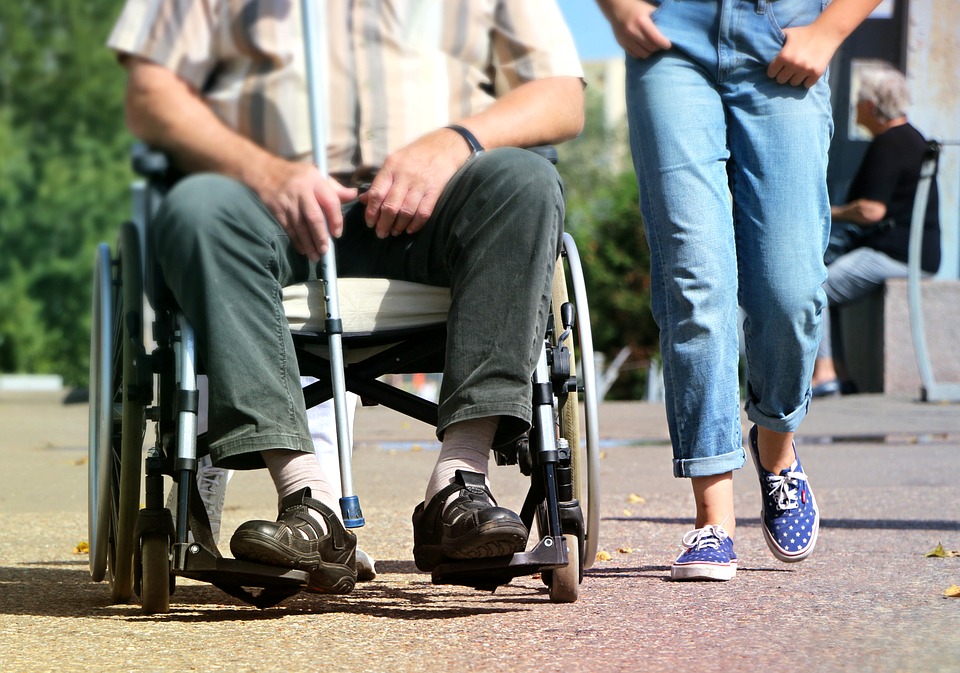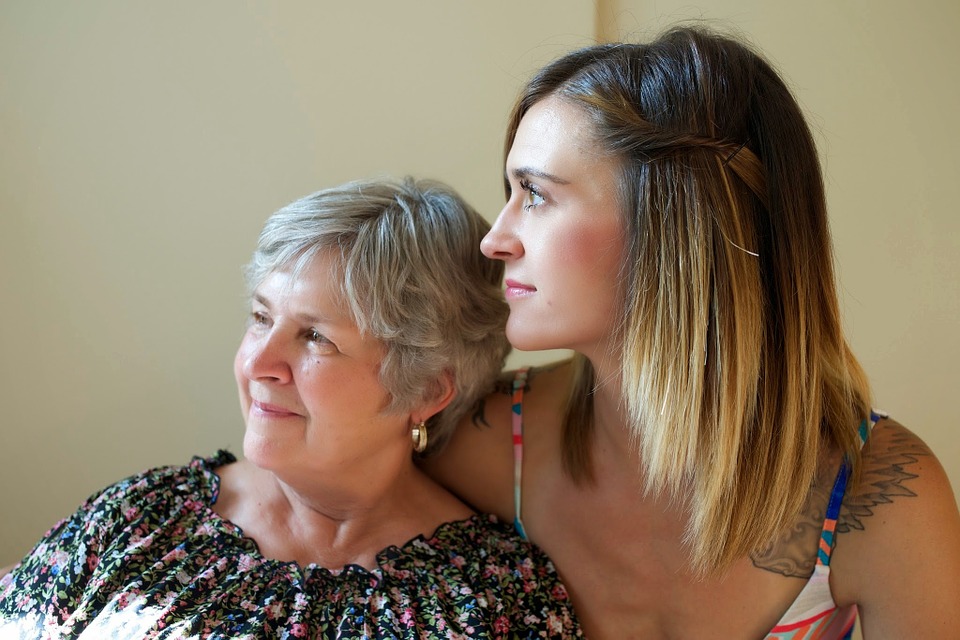
Adult Caregiving
Caregiving comes in many shapes and forms. We care for our children, for those with special needs, for our parents, and for our grandparents. In some cultures, adult caregiving comes naturally as generations of families live in the same home. However, adult caregiving does not always come so naturally for everyone.
The demands of adult caregiving can be intense. Whether they are old, sick, or disabled, there is often an emotional and financial, sometimes physical, toll that weighs on us.
Even so, at some point in our lives we each become a caregiver. With that it is important to equip ourselves in the best way so that we can be the best caregiver possible while still caring for ourselves.
What does a caregiver do?
Caregivers do can do some or all of the following tasks depending on the needs of the care recipient.
Daily Care of the Individual
A caregiver helps the patient to stay fed, clean, and groomed. This includes helping them get in and out of bed, in and out of chairs, and to and from the bathroom. They may also assist in bathroom activities if the patient requires it.
Takes Care of the Home
The caregiver may buy groceries, curate meals, do laundry, mow the lawn, and more.
Manages Medical Care
The caregiver may pick up and manage prescriptions, make appointments, take the patient to the appointment, and talk with doctors. They may also assist with physical therapy, feeding tubes, injections, etc.

According to Caregiver.org, caregivers spend 13 days a month performing shopping, housekeeping, transportation, meal preparation, and medication assistance. In addition, they spend they spend 6 days per month addressing nutrition, grooming, and dressing needs. Furthermore, they spend 13 hours per month researching and managing medical schedules and appointments.
What types of caregivers are there?
There are generally two types of caregivers, informal and formal caregivers.
Informal Caregivers
Informal caregivers are unpaid individuals that assist another person with their daily living tasks as well as medical tasks. These informal individuals include family, friends, spouses, and children. Some informal caregivers may even care for the person from a long distance.
Formal Caregivers
Formal caregivers are paid individuals that provide care for another either in that person’s home or in a professional facility.

What should new caregivers know?
Before you begin caregiving, it is important to know the person’s type of illness, any special needs, food restrictions, sensitivities, emergency contacts, emergency plans, finances, and healthcare wishes.
It is also important to make contact with any other family members or friends that will also be in contact or caring for the individual. You may want to brief them on the best way to interact and care for the person as well.
Any tips for caregivers?
Yes! Our advice for caregivers is boundless, but we have made a list of our top 5!
- Seek Support from Other Caregivers: Caregiving can be tough, but having a supportive community of knowledgeable peers can be extremely helpful. Whether you need advice or just someone to talk to about your day, a support group is vital to the caregiving process.
- Take Care of Yourself: Your own health is vital to your ability to care for another. So don’t forget to keep yourself mentally and physically strong and healthy. Read more about How To Care for Yourself as a Caregiver. You may also be interested in 11 Inspirational Quotes for Dementia Caregivers, that can apply to many types of caregiving.
- Be Open to Help: Just because you can do it alone, doesn’t mean you should. Be open to offers of help from others and seek help when you are feeling overwhelmed.
- Learn How to Communicate with Doctors: This comes with time but is vital. This can be in the form of the jargon they use or just knowing what symptoms to look out for and questions to ask.
- Give Yourself Credit: Give yourself a pat on the back for a job well day each day. Each day may not be perfect or go as planned, but give yourself credit for showing up and giving it your best effort!
- Get Professional Help: It is helpful to have an objective party that you can talk to, a place where you can speak candidly and without restraint. Gateway 2 Counseling offers phone therapy so you can get the help you need from the comfort of your own home.
If you are a caregiver or have developed an interest in becoming a professional caregiver it is important to also care for yourself. In order to provide the best possible care to someone, we need to make sure that we are well cared for as well.
Caregiving overwhelming? Learn how we can help.
Supporting Caregivers: The Key to Mental Well-Being
Caregivers face numerous challenges in their role, which can have a significant impact on their mental well-being. They often experience high levels of stress, emotional exhaustion, and physical demands. Balancing caregiving responsibilities with other aspects of life...
Top 5 Myths: Being a Caregiver
According to Caregiver.org, about 43.5 million caregivers have provided care to an adult or child within the last 12 months, unpaid. This most likely means that a substantial amount of the caregiving community is giving care without financial compensation. They are...
How to Care for Yourself as a Caregiver
Caregivers provide help to others in need. These people may include children with special needs or an adult family member or friend. Whoever the person is, however much you love them, caregiving is hard. Caregivers are often plagued with feelings of isolation and...
11 Inspirational Quotes for Dementia Caregivers
If you are caring for a loved one with dementia, you know how rough it really is. To help you through the journey, we've compiled our favorite quotes that are relevant to all caregivers. With your loved one's memory and agility fading, you may feel detached....



